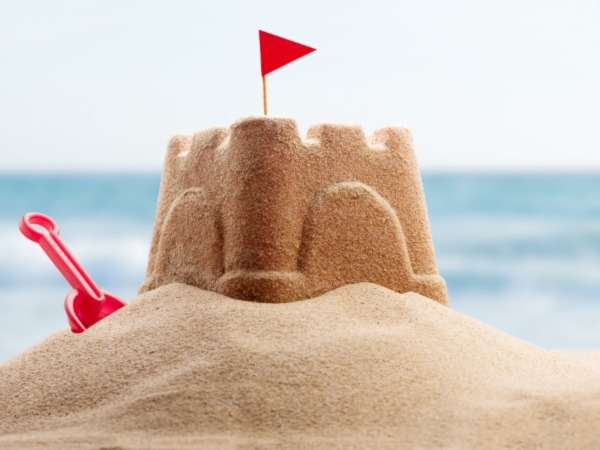
Do your summer plans include a trip to the river, lake, or ocean shore? Once there, you might fish, wade, swim, surf, or ski. After the sun goes down, you might enjoy a dinner of seafood or freshwater fish.
Chances are, you will have so much fun, you won’t think much about plastic trash in the water, but maybe you should. According to Clean Water Action, “about 80% of the plastic waste floating in our waterways, lakes, and oceans originates on land.”
And once it is in the water, much of it stays there, breaking into smaller pieces. Unfortunately, those “microplastics,” along with chemicals used to make them or those that have clung to them in the water, become part of our food chain.
Next time you are enjoying your time in the water and at the shore, follow these tips to reduce plastic waste in our waterways.
Keep your waste out of the water
- Avoid plastic bags. Instead, carry food, toys, and other supplies in sturdy reusable bags that won’t easily tear or blow away.
- Keep track of your stuff. Place lightweight items under heavier items or inside your bag to keep them from blowing into the water or being pulled into the water by waves.
- Choose heavy-duty coolers that will not easily break or tumble away in the wind.
- Pack your picnic in washable, reusable containers.
- Fill and carry reusable water bottles rather than using single-use plastic bottles. Or put reusable cups into your bag and take a water cooler jug along.
- Place caps back on recyclable plastic bottles and put empty bottles and cans back into your cooler to recycle later.
- Skip the plastic straws on carry-out drinks.
- Put empty chip bags, candy wrappers, and similar lightweight items into a secure trash container as soon as you finish the food.
- Take along fewer toys so they are easy to collect at the end of the day. Try to avoid toys that can easily float away.
- If you smoke, don’t litter your cigarette butts or vaping pods.
- Pick up the area at the end of the day, and take home everything you brought with you.
To learn more about plastic waste in our waterways, check out the EPA’s page on Trash Free Water, the Ocean Conservancy’s Fighting for Trash Free Seas, or the National Oceanic and Atmospheric Administration’s (NOAA) page on its Marine Debris Program.
Image credit: Pogonici | iStock | Getty Images Plus
